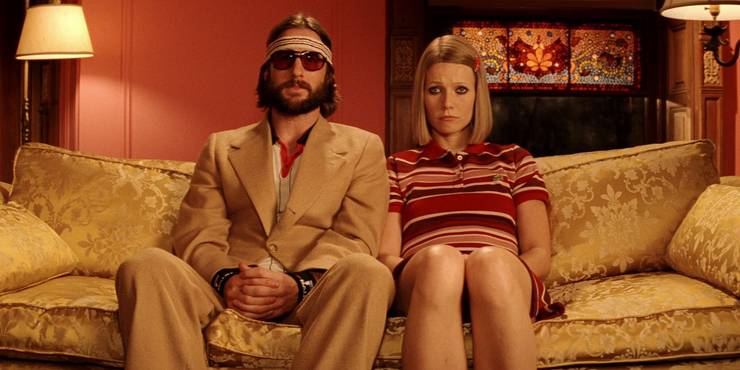Multi-Oscar nominated filmmaker, Wes Anderson, originally didn’t want to include a narrator in his 2001 acclaimed film, The Royal Tenenbaums. Anderson co-wrote the film with frequent collaborator and friend, Owen Wilson, enlisting an impressive cast that included Wilson and his brother Luke, Gwyneth Paltrow, Bill Murray, Danny Glover, Ben Stiller, Gene Hackman, Anjelica Houston, and of course, Alec Baldwin as the narrator.
The film tells the story of the Tenenbaum family and its precocious children, who the audience encounter as adults struggling with their respective lives. Anderson and Wilson were nominated for the Best Screenplay Oscar for the film at the 2002 Academy Awards, the first such nomination for the duo. At the time of its release, Anderson was developing a reputation for critical acclaim, having arrived on the scene with Bottle Rocket in 1996, a film that had considerable expectation behind it, but ultimately failed to garner much interest. Fortunately, things changed dramatically for Anderson with the release of Rushmore in 1998. That film marked Anderson’s first take on the concept of a precious child (Jason Schwartzman in his acting debut), something that would go on to be one of the director’s defining traits. Compared to Bottle Rocket and Rushmore, however, The Royal Tenenbaums was Anderson’s most mature and accomplished work up to that point.
Instantly engaging, The Royal Tenenbaums owes at least some of this appeal to the film’s narration, which makes the entire thing feel like something out of a storybook. Baldwin’s voice offers calm yet often hilarious insight into the family, but according to him, Anderson never wanted a narrator for the film and only did so at the urging of producers. With this year marking the film’s 20th anniversary, a special screening was held at the Tribeca Film Festival, with a virtual reunion taking place afterward. According to The Playlist, while moderating the reunion, Baldwin pointed out how Anderson asked him to do the film’s narration, saying:
[Wes] asked to do me a favor and do this narration for this film. He said, ‘I’m never going to use it, I don’t really want it, the producers are insisting that I have a voiceover track.’

Later, however, when Baldwin further hammered home his point that Anderson originally had no intention of using the voiceover, the director apparently felt compelled to speak up, insisting that he “never said that.” It’s sometimes the case that happy accidents occur and in this particular case, exactly what took place is difficult to say. Perhaps Anderson’s pride as an auteur was slightly bruised by the assertion that something the producers asked for and which he wasn’t initially fond of, ended up becoming one of the film’s most endearing traits. Then again, perhaps Baldwin was simply exaggerating the truth.
From a technical standpoint, Baldwin’s narration on The Royal Tenenbaums helped to quickly establish the numerous characters and sub-plots embedded in the film. It’s actually quite hard to imagine how Anderson had originally intended to relay the facts about his characters without narration if Baldwin’s anecdote is true. Nonetheless, twenty years after its initial release, the film remains as relevant as ever, welcoming new generations of cinephiles and long-time fans with the sort of filmmaking that only a classic can offer.
Source: The Playlist
About The Author



